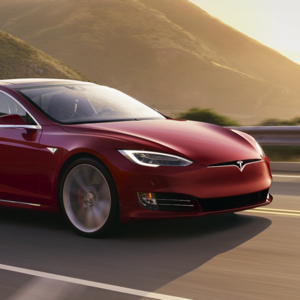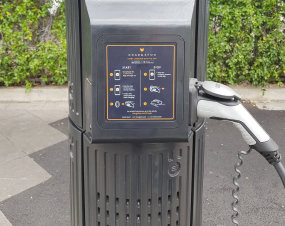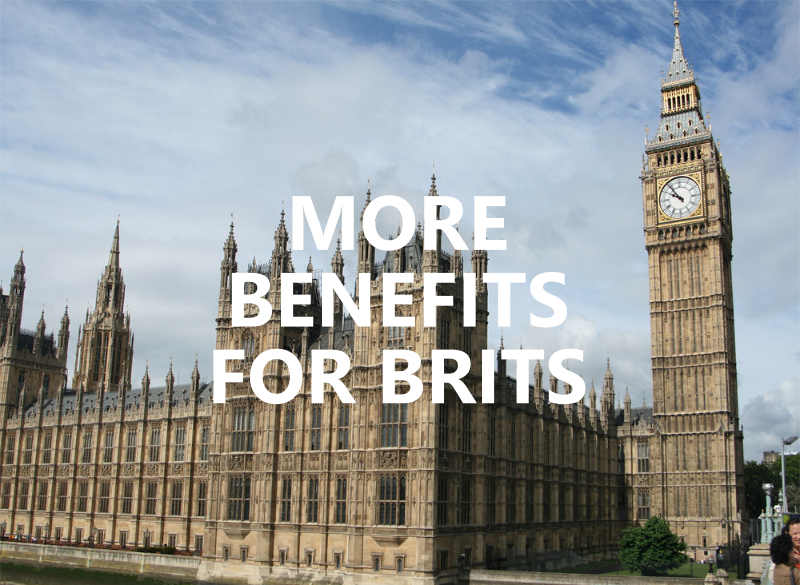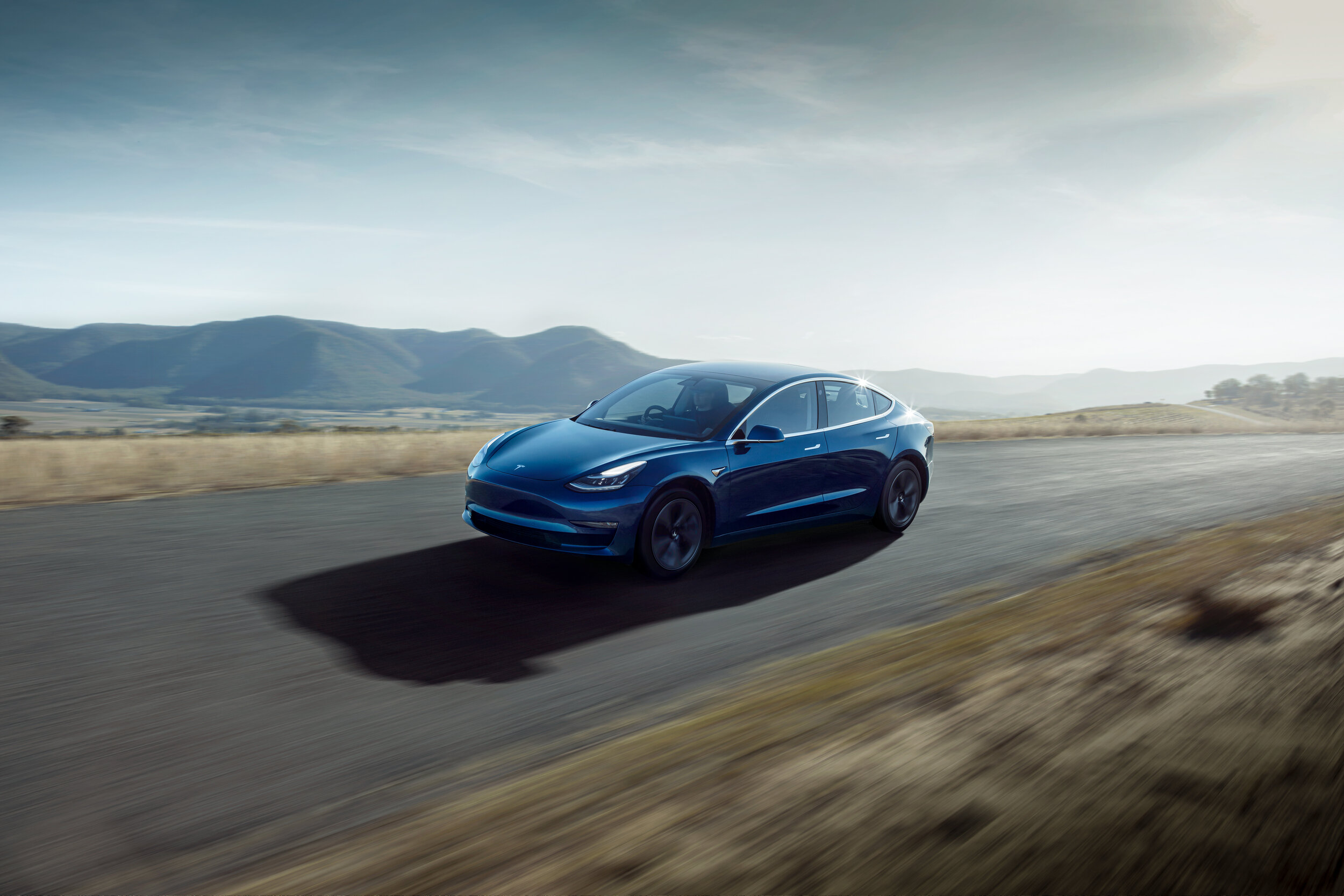The UK tax system has consistently been far friendlier to EVs than Australia. While our electric models are taxed at luxury rates (33c per dollar over $75,526), British buyers have enjoyed strong incentives and government support. This includes a £3,000 plug-in grant, exemption from London congestion and ultra low emission zone charges (£34 combined for combustion drivers every day), and up to £35,000 interest-free loans for Scottish EV buyers.
And now, that pro-EV program is set to grow again. Benefit-in-kind tax rates are being reduced in April to 0% for zero emission vehicles including EVs. These rates typically add a premium to cars bought by companies for their employees, previously 16% for EVs and around 20-37% for most combustion cars.
The details
BIK functions as a tax on company benefits including cars, taken from the salaries of employees who use them. Reducing the rate to zero this April will almost certainly shift the purchasing decisions of many British businesses.
The change is set to occur at the same time as a shift from NEDC to WLTP efficiency measures for how the BIK is calculated. This will raise the BIK rates on combustion vehicles at the same time as EVs drop to zero. At least for now.
The EV BIK is set to rise to 1% in 2021 and 2% in 2022, in line with the UK’s gradual incentive reductions as EVs become more price competitive. The £3,500 plug-in grant was reduced to £3,000 this month and cut entirely for vehicles over £50,000.
However, the tolerance for combustion is also being phased out. London’s Ultra Low Emission Zone is set to grow significantly in 2021 (with a £12.50 daily charge for violations) and combustion sales will be banned altogether in 2035.
Expected effects
The BIK change is a massive win for premium electric automakers and company buyers. Reports have found that a 48 month lease on a Tesla Model 3 SR+ will be 42% cheaper for some customers under the new rate — down from £530 per month to £307. Non-premium EVs also benefit; a Renault Zoe is 32% cheaper on the same contract.
Unfortunately, these savings aren’t available for the average driver. They could even be a negative for non-corporate Brits. If commercial buyers move to EVs on the scale some have predicted, it could cause backlogs and delivery delays for the most desirable models. Tesla in particular are vulnerable to this; they don’t have the factory infrastructure and vehicle inventory to support massive, sudden changes in purchasing behaviour. We’ll see how this pans out.
…Australia? Anyone?
Yet as we look outward to the benefits enjoyed in the UK and elsewhere, we’re forced once more to acknowledge Australia’s resounding lack of any EV incentive program. In fact, Aussie EV buyers are routinely penalised by way of the much-maligned luxury car tax — ostensibly intended to protect the now-nonexistent domestic auto manufacturing industry.
Where are Australia’s fuel efficiency standards?
Our most recent Commonwealth election saw EV policy take centre stage, with Labor promising an incentive program immediately and the Coalition pledging to address the issue sometime in 2020. The Coalition won, but we haven’t heard any more on the question since.
But meaningful EV policy doesn’t need to be an ideological issue. The changes occuring in the UK are all part of their 2020 national budget, meaning they were designed and implemented by the ruling Conservative party. Successive British governments have realised that pro-EV policy benefits the entire country; not just the greenies, lefties, or urban progressives.
Are electric vehicles really a partisan issue?
Yet despite the policy black hole, Australia’s commercial and government fleets are shifting to electric at an impressive rate. Local and state governments have embraced the economic and environmental benefits that come with electrification, and many major businesses are doing the same.
Now picture how much faster the process would be with UK-style incentives.







